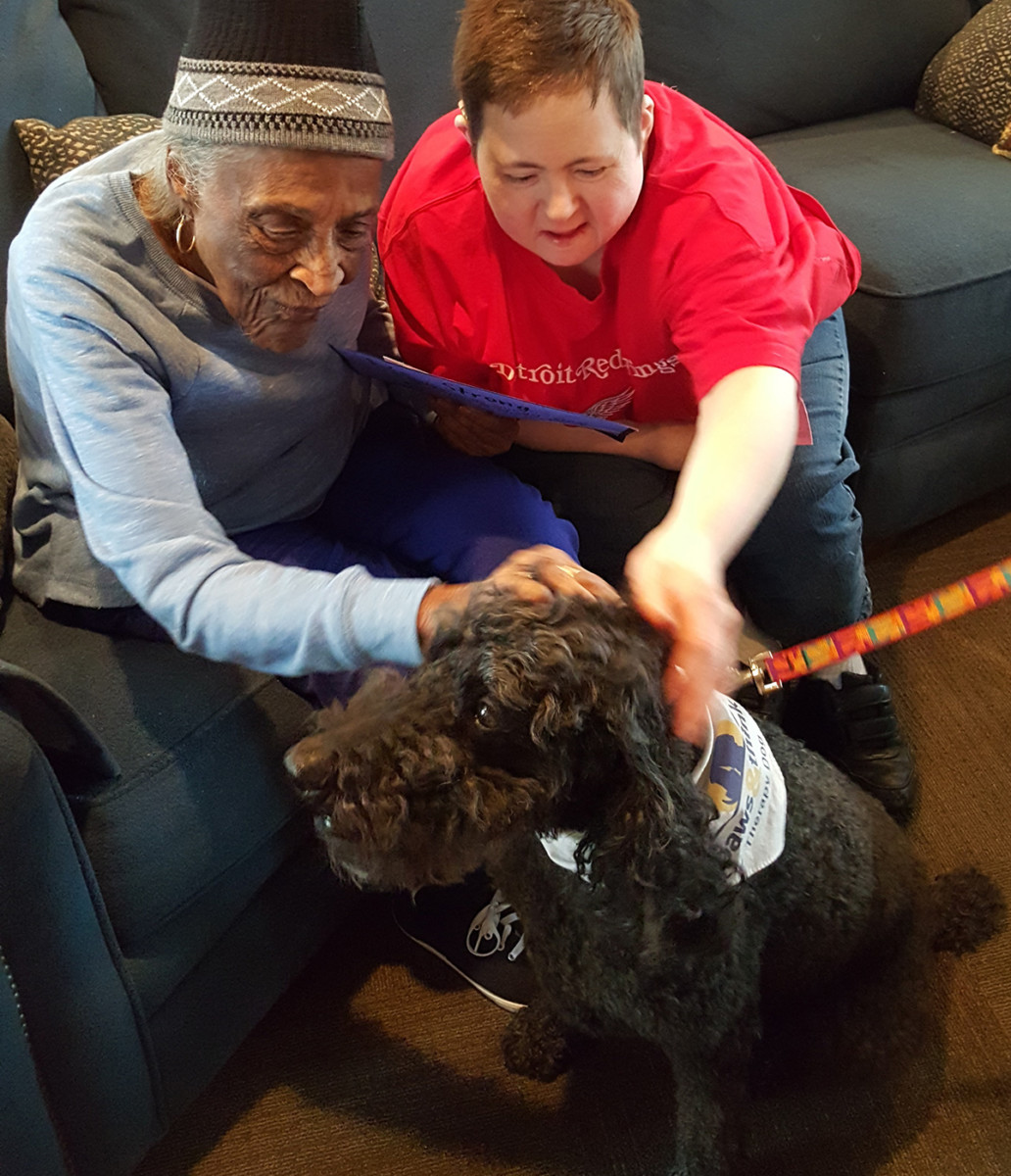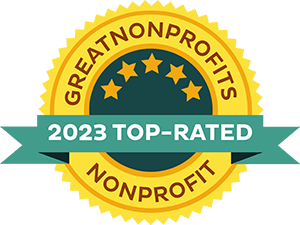Mission & Vision
Paws and Think, Inc., is a values-driven 501(c)(3) charitable organization incorporated in October 2001.
About Us
- We are a volunteer-centric, community-based organization. We work in partnership with schools, detention centers, youth agencies, humane societies/shelters and more.
- We are committed to research that enhances the benefits of the human-animal connection.
- We are a highly regarded organization and community partner.
- We are one of the largest organizations of its kind in central Indiana.
- We believe strongly in the idea that by aligning with other nonprofits, we are able to deliver on common goals.
- We only use positive reinforcement methods to train dogs in our programs.
- We believe in the strong and meaningful relationship between dogs and people and how the human-animal bond impacts the health and wellness of our community.
Donate Now
Your contribution to Paws & Think provides life-changing programs to people and dogs in need! Our donors ensure we can evaluate & register even more therapy teams and help at-risk youth learn life skills while finding shelter dogs their forever homes.
Mission Statement
Improving lives through the power of the human-dog connection.
Vision Statement
Every Person. Every Dog.
Paws & Think is a non-profit organization focusing on the at-risk community, both human and canine. Our vision creates a community where “every person who would benefit from a dog has the opportunity, and every dog fulfills its potential.”
We do this with two proven methods:
- one of registering and providing therapy teams (consisting of a handler and his/her registered therapy dog) in Animal-Assisted Interventions (AAI) aka Pet Therapy to individuals of all ages and abilities.
- The second method is our Youth–Canine Programs that facilitate classes for vulnerable youth, helping them to train shelter dogs with positive reinforcement behaviors.

Our Programs Serve:
- Youth navigating academic or behavioral challenges, including those in the juvenile detention center, experiencing mental health concerns, overcoming grief and trauma, or navigating life transitions.
- Youth and adults with diverse physical, emotional, or behavioral needs.
- Stray, surrendered, or neglected dogs at-risk of euthanasia.
- The first responders and caregivers of these vulnerable populations.
